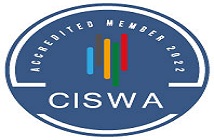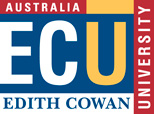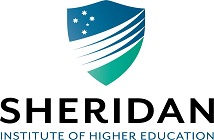
Thinking of getting a diploma of human resource management? There are plenty of great things in store for you, especially if you have particular career advancement aspirations! Also, you can expect to grow your skills while also growing as an individual, which will be instrumental to forging the path that you want.
The Keystone College of Business and Technology is dedicated to helping you make the most out of that decision. As such, here are two of our most trusted tips for students who intend to make it big in their chosen field.
Do not limit your learning to only what the course offers
A human resource management course will equip you with the skills that you need to be the best that you can be for your career, but it is not the only way to learn what you need. Don’t forget that the education that you get inside the classroom should be supplemented with other proactive measures that will solidify your foundation of knowledge further.
For instance, instead of just limiting yourself to classes, go out and attend helpful talks, seminars, and other opportunities that will give you a better study of the field, out in the real world. If it is possible, also grow your network so that you can have a strong support system that will keep you focused on what you need to do, whenever you need it. And keep yourself updated with news of trends and other developments in the industry.
Always ask questions
We at KCBT believe that one of the most helpful characteristics that every student must have is the ability to ask questions. This is the reason why we insist on providing an educational culture that open communication between teachers and students, and also between different students. In our classes, the most basic requirement that we ask for is an open mind that will not shy away from new learning, as well as an inquisitive demeanour that will assert itself every time it is necessary.
If you need help in assessing your qualifications for admission, do not hesitate to contact us today and talk to one of our staff. We will take care of any concerns or queries that you may have, and you can count on our personalised guidance for your convenience. If you are abroad and need information on how you can start studying at KCBT in Perth, we will also be there to help you through every step of the way.







